
Plato
Philosopher and mathematician

We can easily forgive a child who is afraid of the dark; the real tragedy of life is when men are afraid of the light.
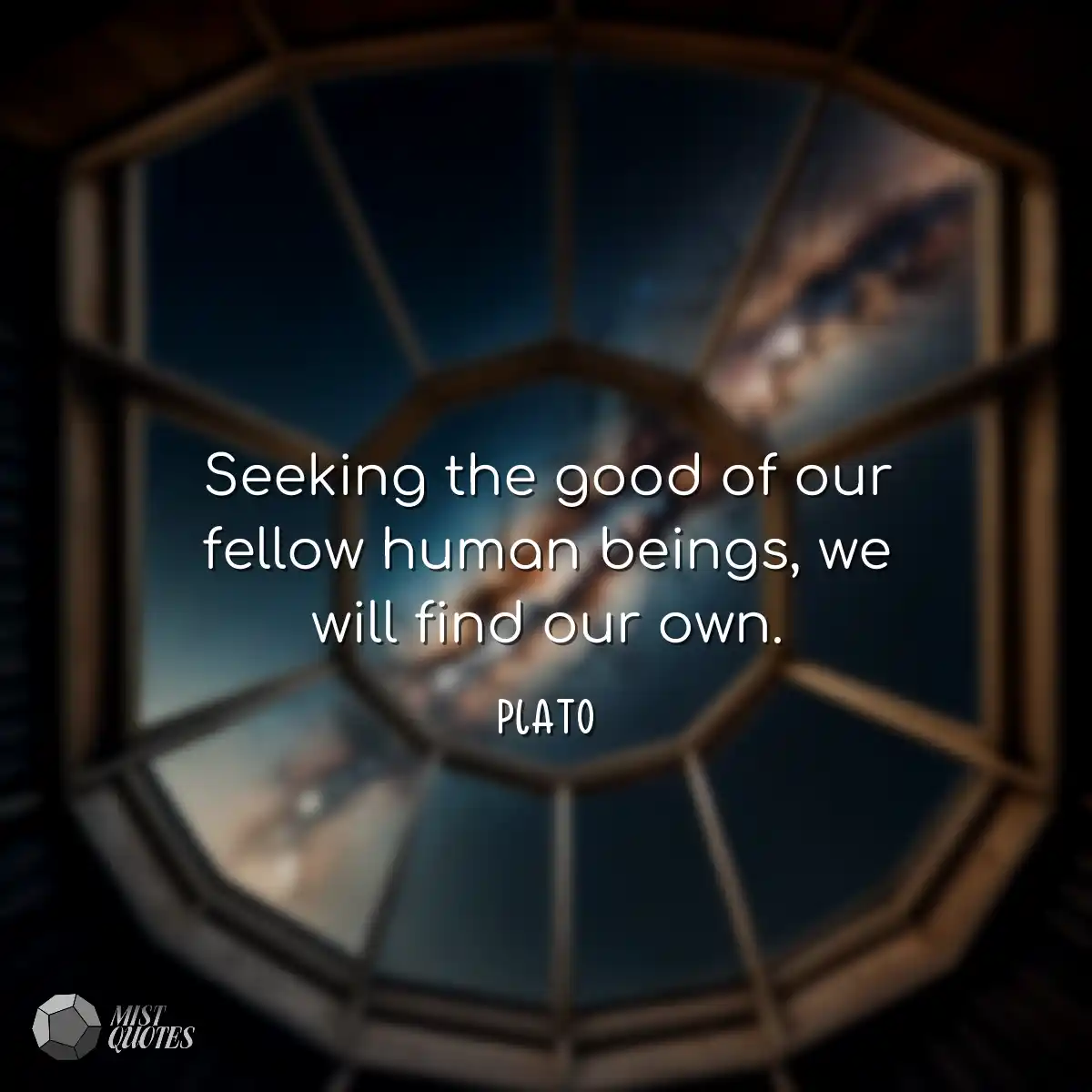
Seeking the good of our fellow human beings, we will find our own.

Try to move the world - the first step will be to move yourself.
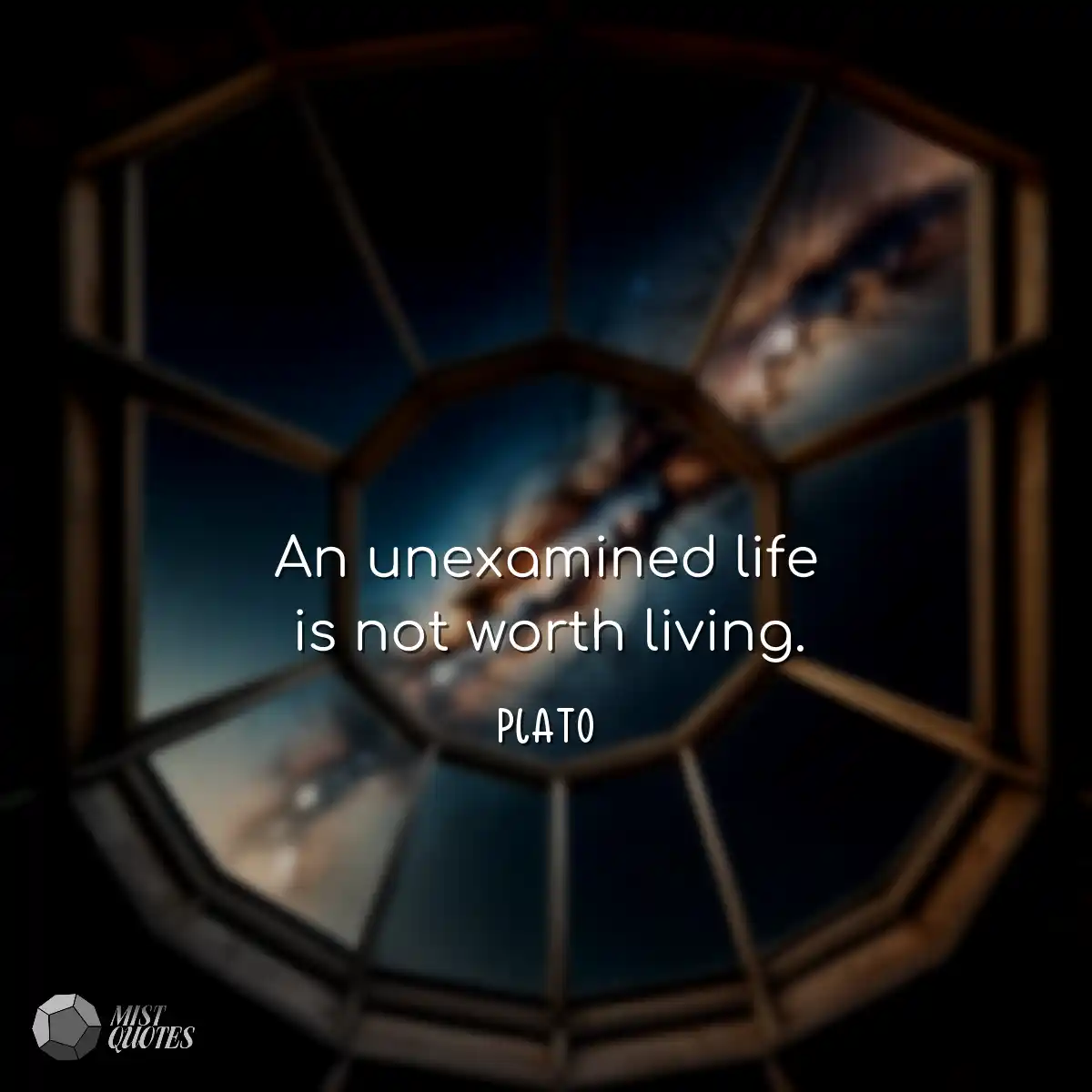
An unexamined life is not worth living.

Of all wild animals, the young man is the most difficult to tame.

Where there is no equality, friendship does not endure.

The part we ignore is much greater than everything we know.
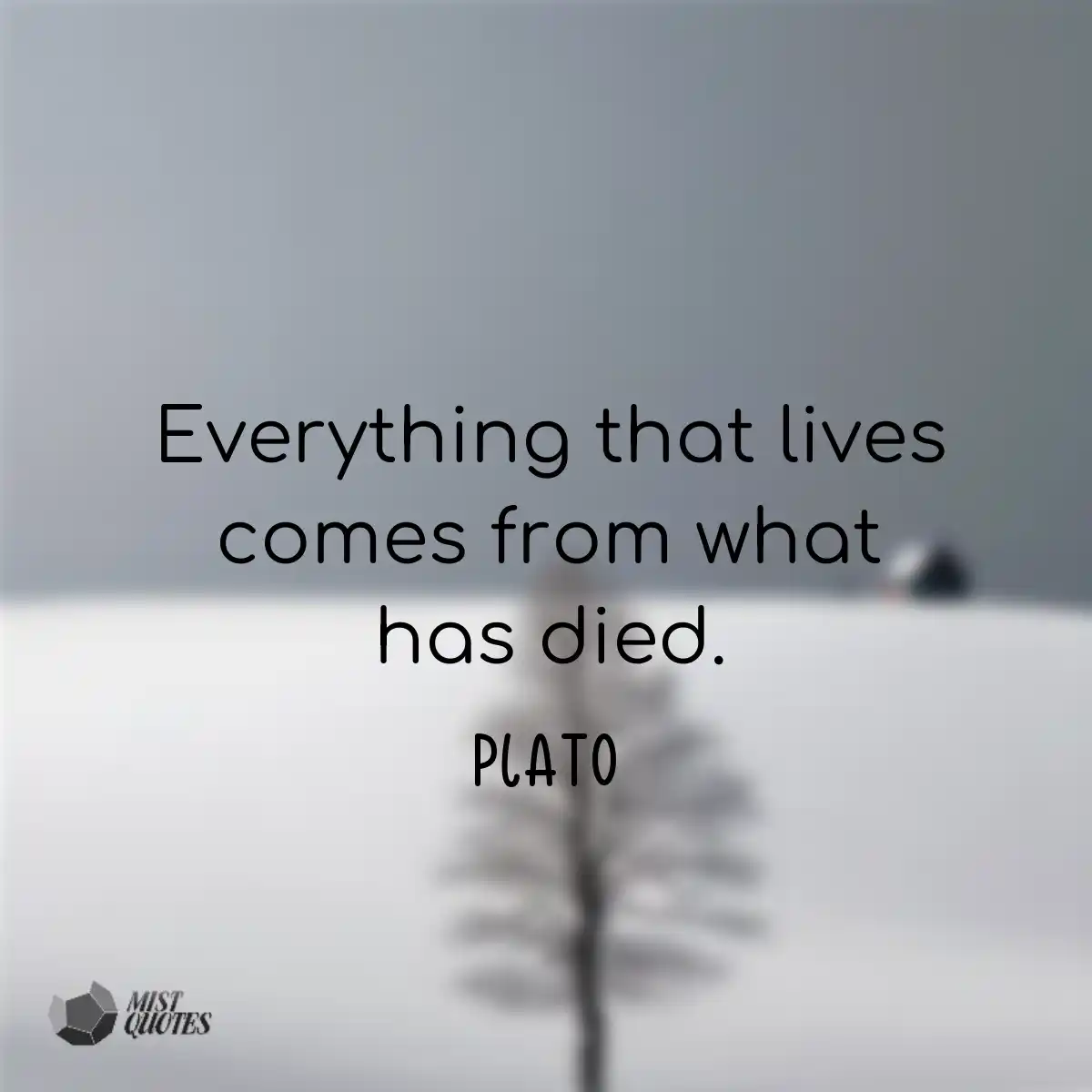
Everything that lives comes from what has died.
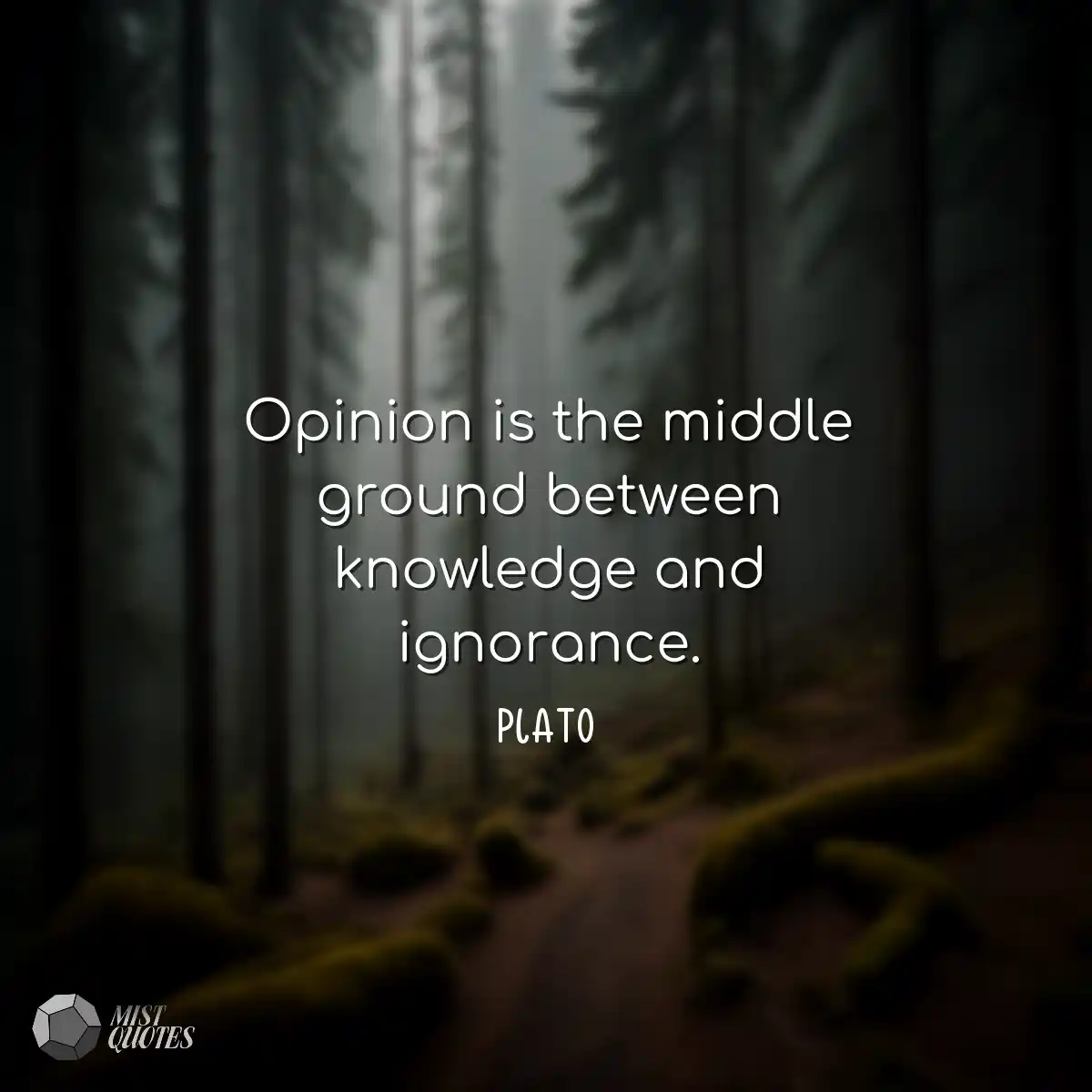
Opinion is the middle ground between knowledge and ignorance.
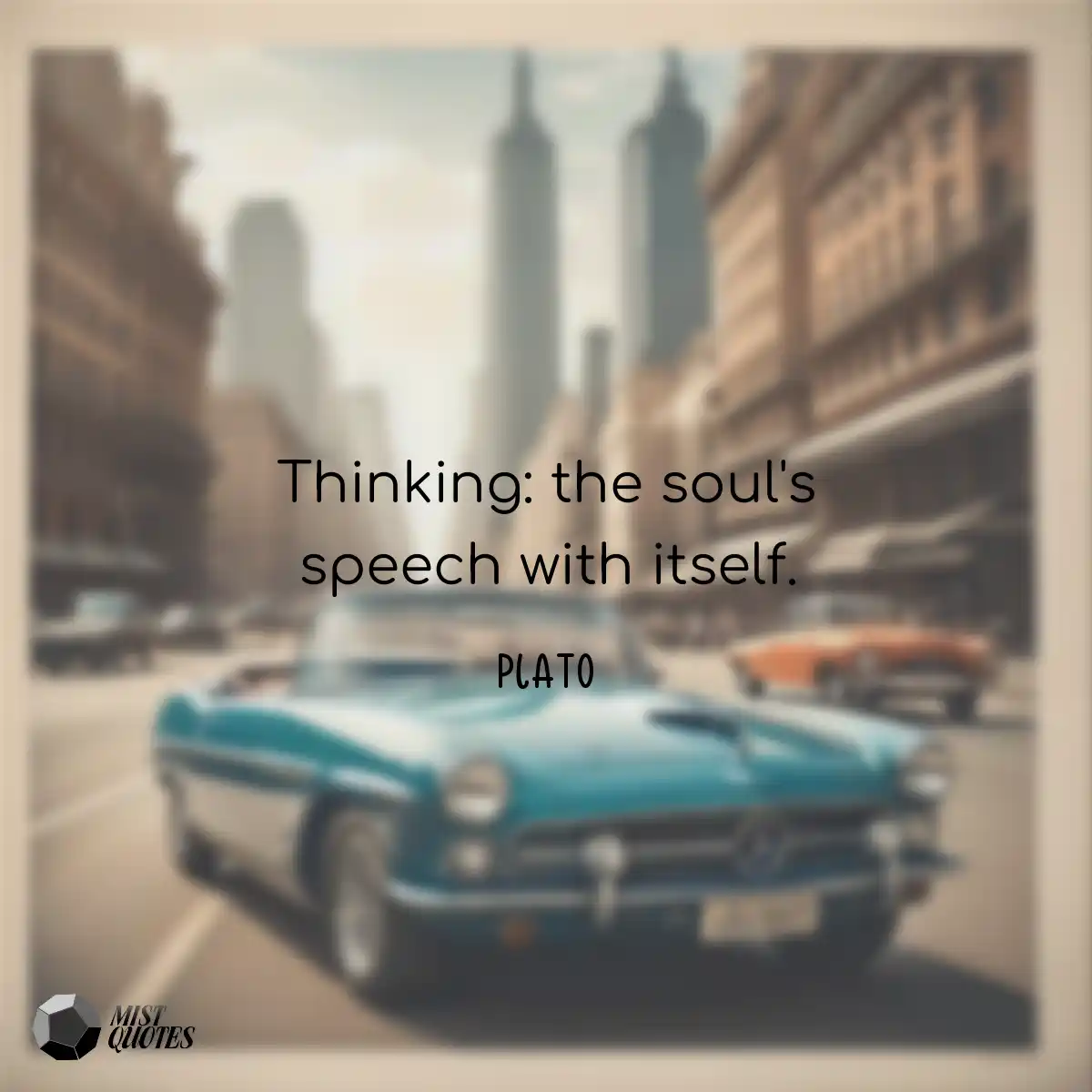
Thinking: the soul's speech with itself.
Plato was an ancient Greek philosopher and mathematician, a disciple of Socrates and teacher of Aristotle. He founded the Academy of Athens, the first institution of higher learning in the Western world. His philosophy is based on the theory that the sensible world is illusory and confusing, and that true knowledge lies in the world of ideas and forms, accessed by reason.
Plato wrote on various topics, such as the soul, metaphysics, politics, justice and love. He was considered one of the main thinkers of the anthropological period of Greek philosophy. Inspired by Parmenides' theories about immobility, Plato developed a dualistic metaphysical theory, which divides the world into two categories: the World of Ideas and Forms and the sensible world.
The World of Ideas and Forms would be the intellectual reality, true and accessed only through the rational capacity of the human being. In this World of Ideas would be the essences of things, the concepts, the fixed and immutable Ideas that essentially describe every existing being or object. The sensible world, on the other hand, would be the reality we encounter in our basic daily lives, accessed through our sensible experience. This reality is illusory, deceptive and inferior, leading human beings into error, caused by the appearances of things in the world, which do not correspond to the essences.
Plato was also a young aristocrat and from an influential family. He was devoted to sports and politics. He became a disciple of Socrates and wrote the Apology of Socrates, a text that recounts the trial, condemnation and death of his intellectual mentor. Plato founded the Academy, a place for teaching and political and philosophical discussion for young Athenians. He wrote The Republic, the first great Western political utopia.
Plato laid the foundations of Idealism, a philosophical doctrine that attributes to purely rational knowledge and Ideas the centrality in the search for truth without the possibility of error.
In addition, Plato was known for his physical attributes. The name Plato was given to the thinker in his youth because of his physical attributes. The corresponding word in Greek, Platon, means broad-shouldered. The philosopher came from a family influential in the politics of a certain period in Greece. His mother descended from the great Greek legislator and statesman Solon.
Recent Quotes
"To help a friend in need is easy, but to give him your time is not always opportune."
Charlie Chaplin
"Life can be wonderful if you're not afraid of it. All it takes is courage, imagination… and a little dough."
Charlie Chaplin
